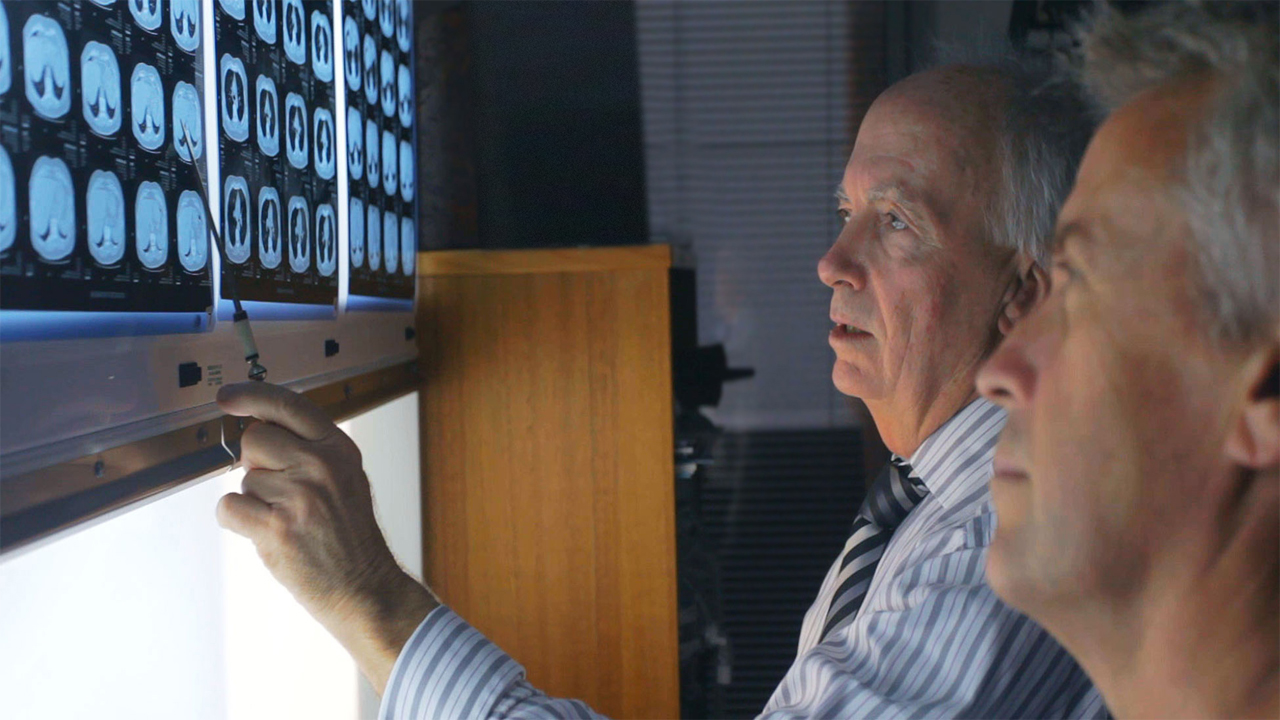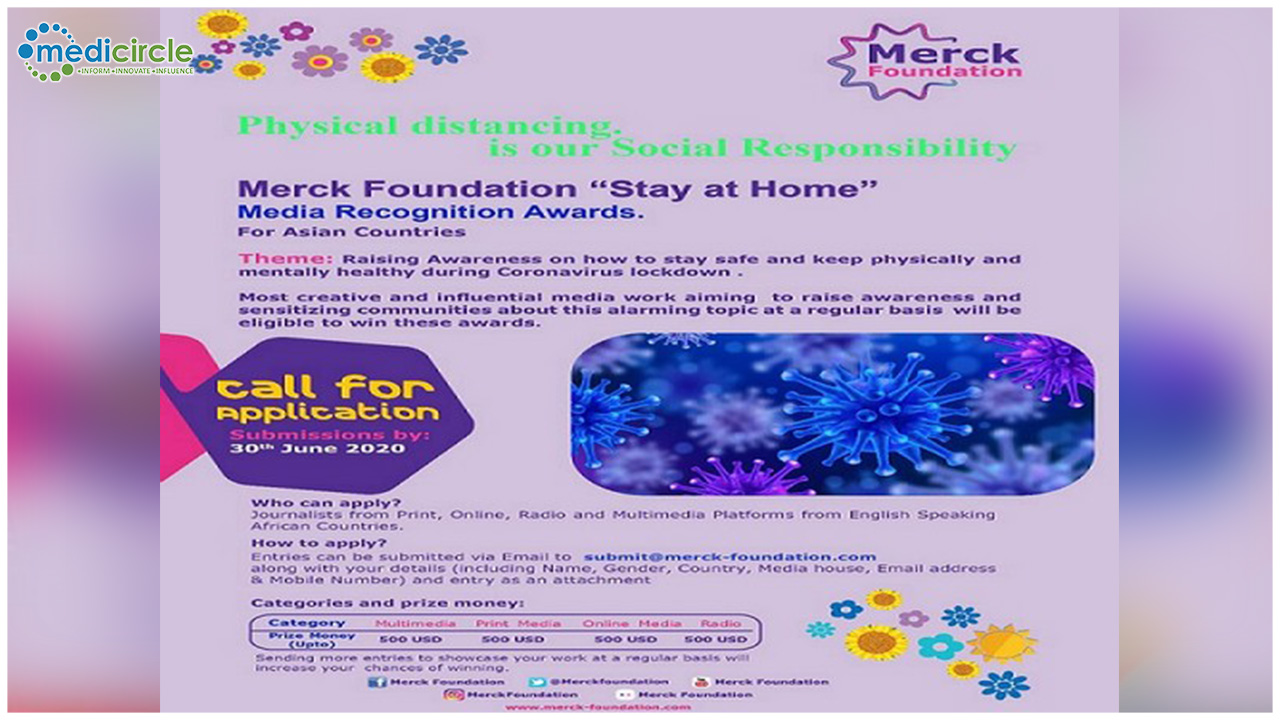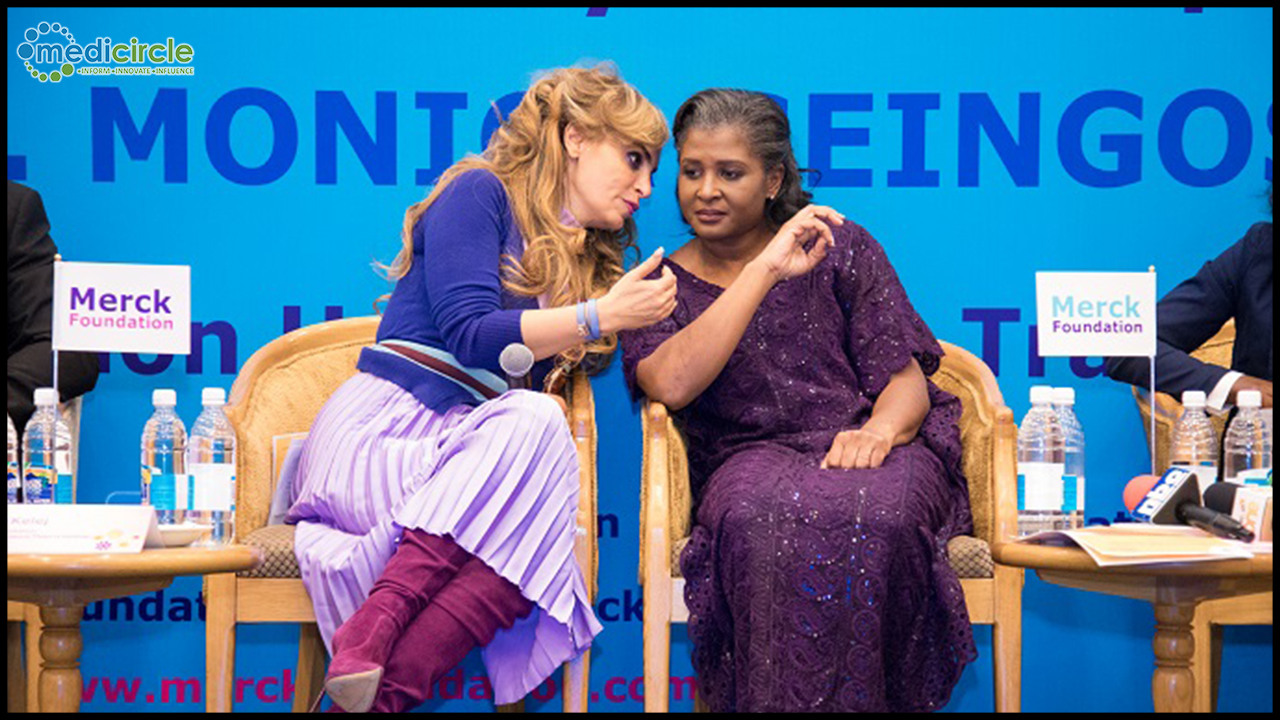Royal Philips, a global leader in health technology, today announced findings from its first-ever World COPD Day survey ahead of the awareness day on November 18. Philips surveyed more than 4,000 adults in China, India, Russia, and the U.S. to gather insights on global awareness of respiratory conditions, such as chronic obstructive pulmonary disease (COPD), and how the COVID-19 pandemic has influenced overall perceptions of respiratory health. Findings reveal that while the pandemic created unique challenges for the COPD community, it also increased the general population’s awareness of the condition and encouraged alternative care options, such as telehealth.
According to the Center for Disease Control, adults with COPD are at increased risk for severe illness from the virus that causes COVID-19 [1]. Philips survey shows that while action to improve respiratory health to combat the respiratory virus is on the rise for all respondents, significant differences exist between how COPD and non-COPD populations seek care.
“Due to the nature of the COVID-19 virus, respiratory health has become a daily conversation across the globe,” said Huiling Zhang, Head of Medical Office for Connected Care at Philips. “Despite impacting millions of people around the world, COPD isn’t talked about as often as other chronic conditions like heart disease. We conducted this survey to shed light on the unique burdens and stresses that COPD patients face every day, intensified during this time. The survey results show that more than ever, respiratory health – and taking action to improve it – is a priority, but that the impacts of the pandemic have been especially felt by the COPD community who already experience respiratory insufficiency.”
COPD patients facing care challenges throughout COVID-19
For those living with COPD, the pandemic impacted the care they required and received. 56% of COPD patients report COVID-19 has made it difficult for them to get COPD treatment, 58% report that managing their COPD during the pandemic has been completely overwhelming, and 68% report they worry much more than they used to about their chronic condition because of the pandemic. COVID-19 also presented challenges for informal caregivers of COPD patients, with 79% specifically citing the pandemic as the factor that influenced the amount of care they provided to the COPD patient.
Emphasis on respiratory health, virtual care options increases
With concern growing around in-person care, willingness for telehealth visits has been on the rise since the onset of the pandemic. Particularly for wellness visits (56% to 62%), regular check-ins for a chronic health issue (57% to 64%), and to discuss a new health issue (57% to 63%). This increase was surprisingly more prevalent among the non-COPD population, with 55% willing to use telehealth to receive treatment for a chronic health issue before COVID-19, now up to 62%. Additionally, COPD patients looked for better ways to manage their condition because of COVID-19 (75%), such as diet, exercise, or purchasing air filtration systems.
COPD awareness rising amid knowledge gaps
While COVID-19 may have exacerbated individual concerns for the nearly 65 million people [2] currently living with COPD, it also brought increased awareness for the chronic condition across the globe. Nearly three in five people report being more familiar with COPD now compared to prior to the COVID-19 pandemic, which may be directly linked with increased education around respiratory illnesses due to the nature of COVID-19. Prior to the pandemic, 52% of respondents reported being familiar with COPD; that number is now up to 72%.
Philips’ broad portfolio of connected solutions and services is designed to address the needs of patients with chronic respiratory conditions like COPD and enable providers and physicians to more effectively manage patient care.
About the Survey
This survey was conducted online by KJT Group, Inc. on behalf of Philips from October 8-17, 2020 among 4,001 adults ages 18 and older in 4 countries (China.: n=1,000; India: n=1,000; Russia: n=1,001; and the U.S.: n=1,000). The survey was web-based and self-administered in the primary language(s) of each country. These were non-probability samples and thus a margin of error cannot be accurately estimated.
About Royal Philips
Royal Philips (NYSE: PHG, AEX: PHIA) is a leading health technology company focused on improving people's health and well-being, and enabling better outcomes across the health continuum – from healthy living and prevention to diagnosis, treatment, and home care.
Philips leverages advanced technology and deep clinical and consumer insights to deliver integrated solutions. Headquartered in the Netherlands, the company is a leader in diagnostic imaging, image-guided therapy, patient monitoring, and health informatics, as well as in consumer health and home care. Philips generated 2019 sales of EUR 19.5 billion and employs approximately 81,000 employees with sales and services in more than 100 countries

 Royal Philips, a global leader in health technology, today announced findings from its first-ever World COPD Day survey ahead of the awareness day on November 18.
Royal Philips, a global leader in health technology, today announced findings from its first-ever World COPD Day survey ahead of the awareness day on November 18.



















.jpeg)

.jpeg)










.jpg)




.jpg)

